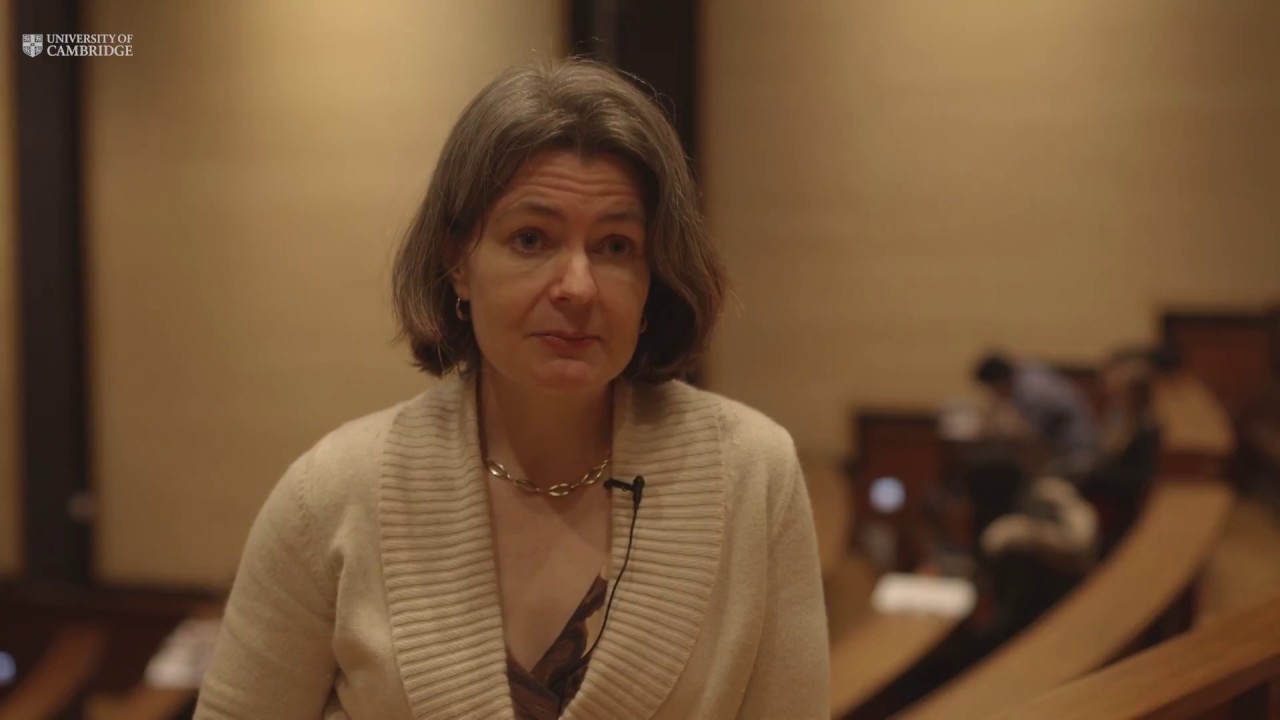Physics Cambridge is a renowned research center that specializes in the study of physics. Located in the city of Cambridge, England, it is part of the University of Cambridge and one of the leading research centers for physics in the world. Physics Cambridge has a long history of groundbreaking research and is home to some of the brightest minds in the field of physics. Its research has been instrumental in advancing the understanding of the physical world, from the subatomic to the cosmic.
History of Physics Cambridge
Physics Cambridge was founded in 1684 and is one of the oldest physics research centers in the world. It was originally part of the Cavendish Laboratory, which was founded by the English physicist and chemist Henry Cavendish. Over the centuries, the Cavendish Laboratory has been home to numerous Nobel Prize-winning physicists, including Ernest Rutherford, Charles Darwin, and John Cockcroft. In 1932, the Cavendish Laboratory was separated from the University of Cambridge and renamed the Institute of Physics.
Research at Physics Cambridge
Physics Cambridge is a hub for research in many areas of physics, including particle physics, cosmology, quantum mechanics, and astrophysics. The research conducted at Physics Cambridge has made significant contributions to the understanding of the physical world. For example, research conducted at the institute has contributed to the development of the Standard Model of particle physics, which is a fundamental theory of particle physics that explains the properties of all known particles and forces.
Notable People
Throughout its history, Physics Cambridge has been home to many renowned physicists, including:
- Ernest Rutherford – Nobel Prize-winning physicist who conducted groundbreaking research into the structure of atoms.
- Charles Darwin – English naturalist and geologist who developed the theory of evolution.
- John Cockcroft – Nobel Prize-winning physicist who developed the first nuclear reactor.
- Stephen Hawking – Renowned theoretical physicist who developed the theory of black holes.
- Stephen Wolfram – American physicist and computer scientist who developed the Wolfram language.
Current Research
Today, Physics Cambridge is home to a variety of research projects, ranging from particle physics to cosmology. Some of the current research projects include:
Particle Physics
Particle physics is the study of the fundamental particles that make up matter. Researchers at Physics Cambridge are exploring the properties of these particles, such as their mass, spin, and electric charge, as well as their interactions with one another. This research is helping to shed light on the structure of the universe and the forces that govern it.
Cosmology
Cosmology is the study of the origin, structure, and evolution of the universe. Researchers at Physics Cambridge are investigating the nature of dark matter and dark energy, as well as the formation and evolution of galaxies. This research is helping to expand our understanding of the universe and its evolution.
Quantum Mechanics
Quantum mechanics is the study of the behavior of matter and energy on the atomic and subatomic level. Researchers at Physics Cambridge are exploring the implications of quantum mechanics, such as the Heisenberg Uncertainty Principle and the wave-particle duality. This research is helping to shed light on the fundamental nature of reality.
Conclusion
Physics Cambridge is a renowned research center that has contributed significantly to the understanding of the physical world. Its research has helped to advance our understanding of the universe, from the subatomic to the cosmic. It is home to some of the brightest minds in the field of physics and continues to be at the forefront of research in many areas of physics.


